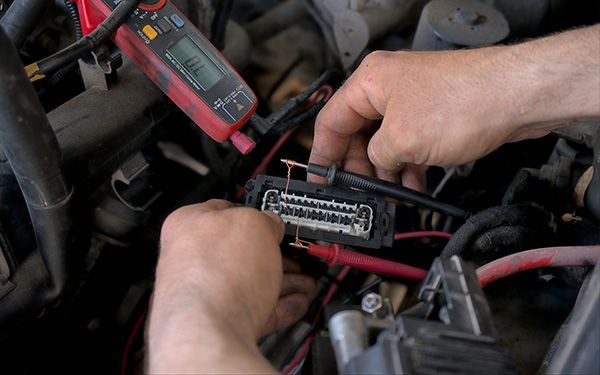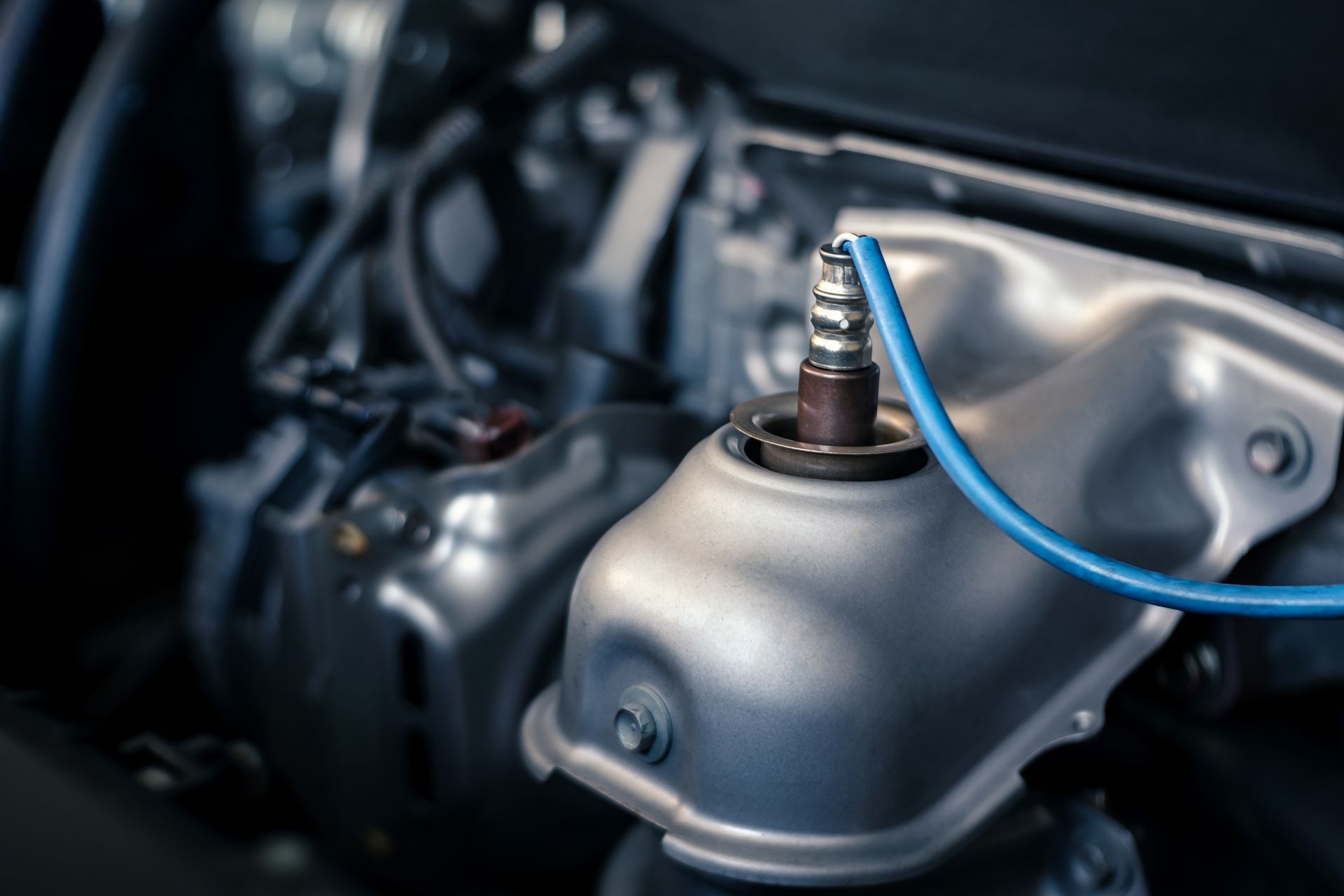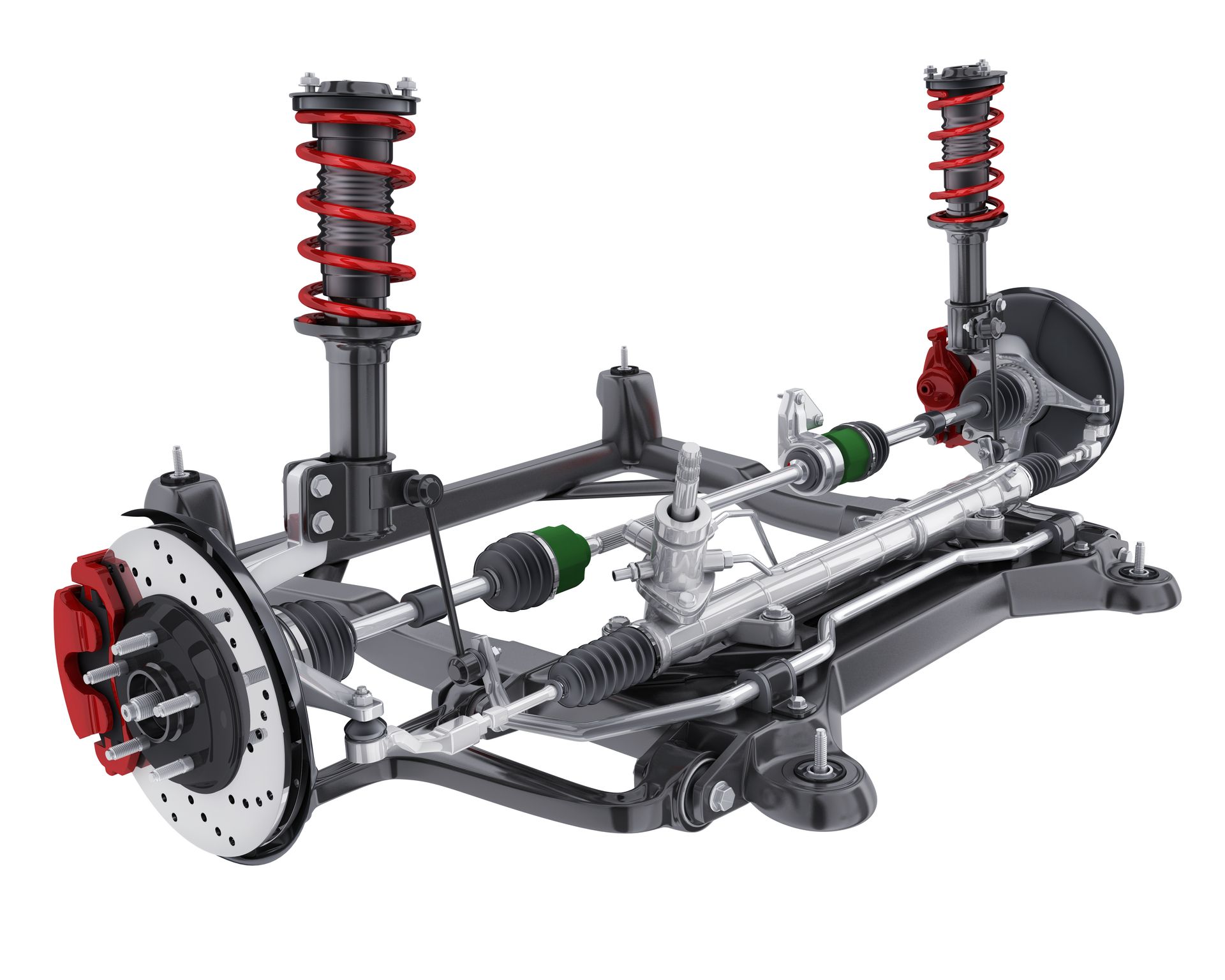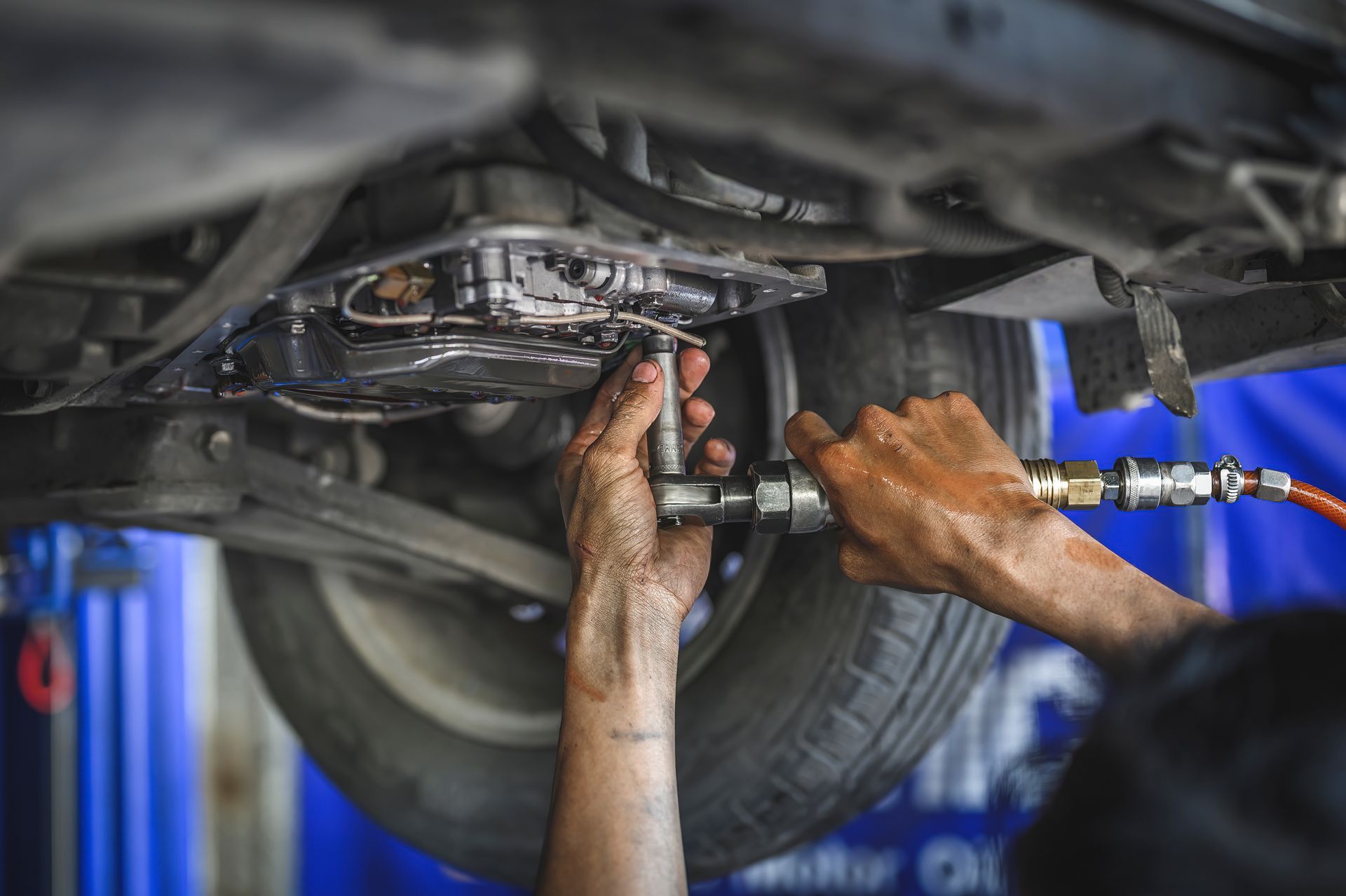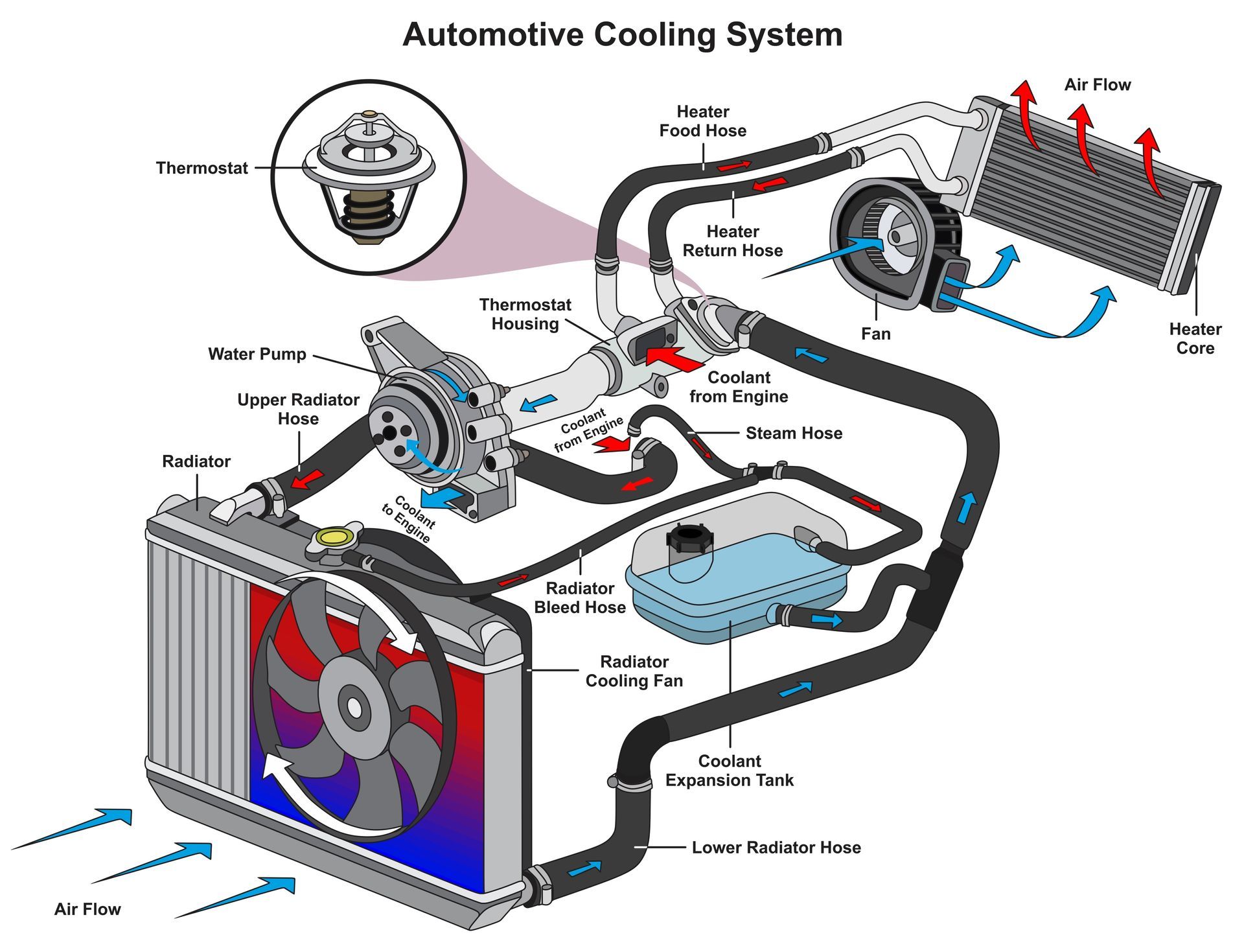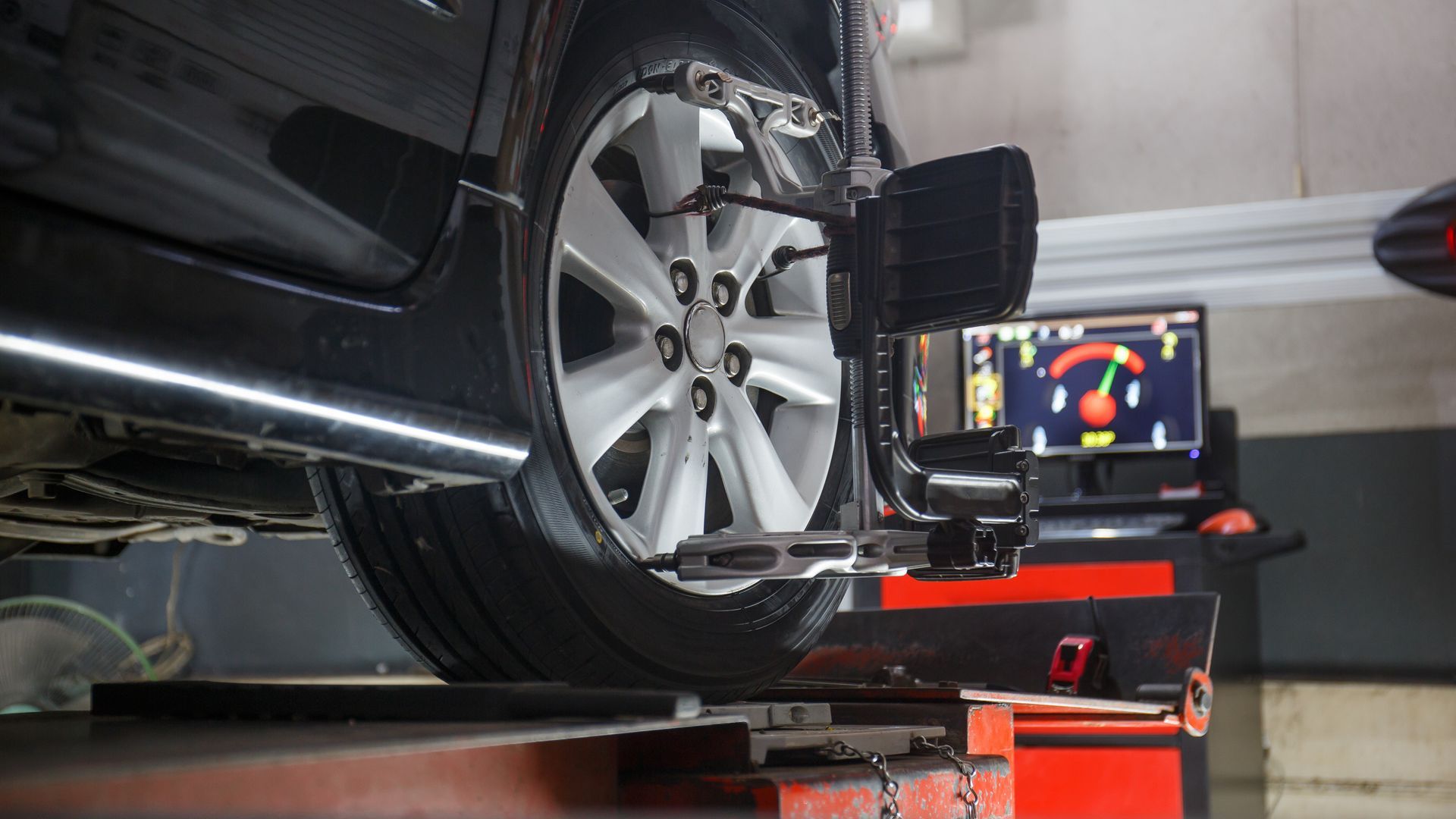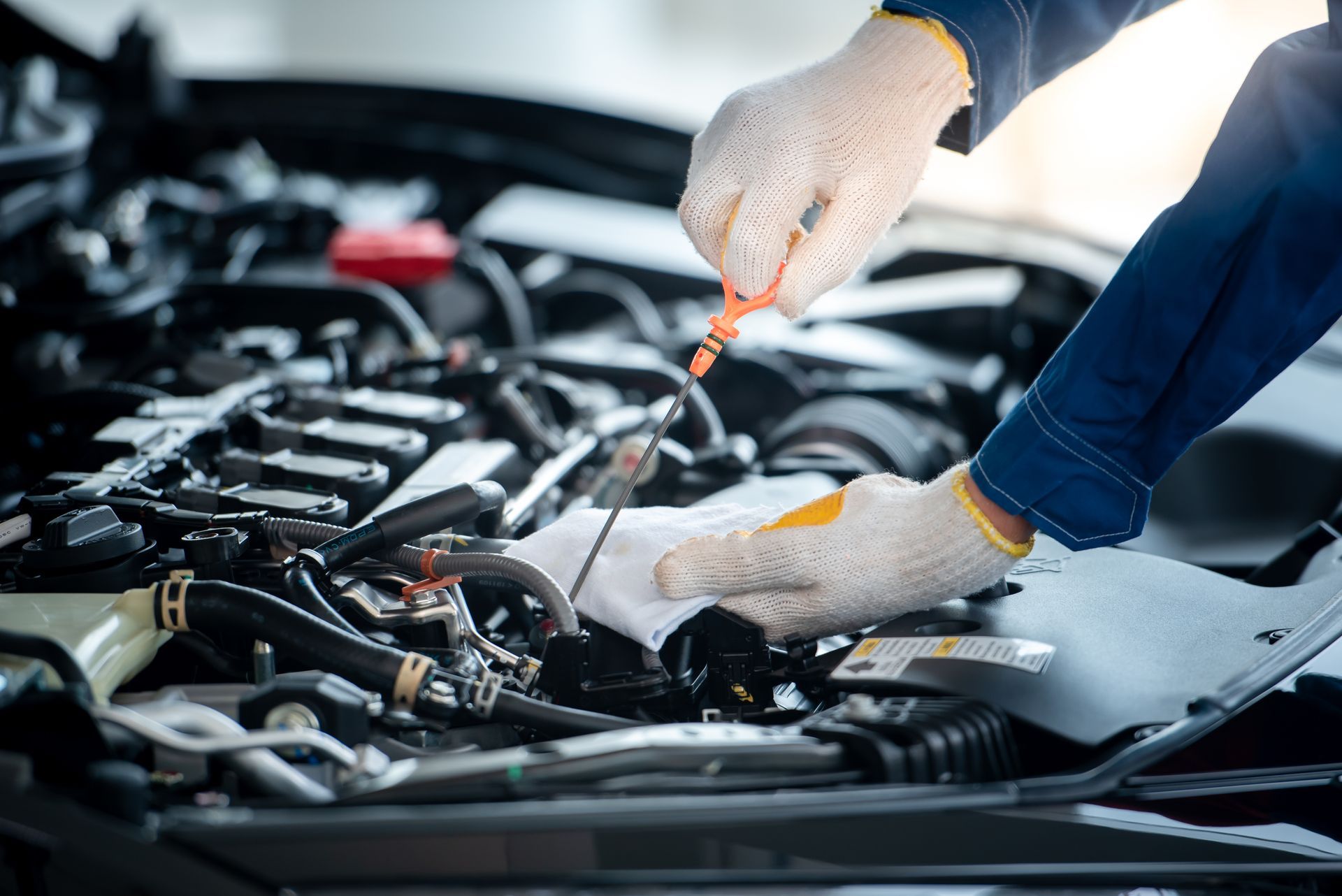Engine oil is the lifeblood of your vehicle, playing a crucial role in ensuring smooth operation and long-term health of the engine. Yet, many car owners overlook the importance of choosing the right engine oil grade and maintaining regular car care routines. Understanding engine oil grades and adhering to essential car care tips can significantly enhance your vehicle's performance and longevity. We'll explain the different engine oil grades and what they mean and provide you with some indispensable car care tips to keep your vehicle in top shape.
Engine Oil Grades
Engine oil grades are not just random numbers and letters - they are important indicators of the oil's viscosity and performance under various temperature conditions. The Society of Automotive Engineers (SAE) has developed a grading system to help consumers choose the right oil for their engines.
SAE Viscosity Grades
You've probably seen labels like 5W-30 or 10W-40 on oil containers. Here's what they mean:
The First Number (before the W)
This number indicates the oil's viscosity at low temperatures. The lower the number, the better the oil performs in cold conditions. For instance, a 5W oil is better for winter starts than a 10W oil.
The 'W'
This stands for winter, highlighting the oil's suitability for cold climates.
The Second Number (after the W)
This denotes the oil's viscosity at high temperatures. Higher numbers indicate thicker oil, which can provide better protection in hot conditions.
Choosing the Right Oil Grade
Selecting the right oil grade for your car is crucial for optimal performance. Refer to your vehicle's owner manual to find the manufacturer's recommended oil grade. Generally:
5W-30 and 10W-30: Commonly recommended for many modern vehicles due to their good performance in a range of temperatures.
0W-20 and 5W-20: Often used in newer models designed for better fuel efficiency and reduced emissions.
Why Viscosity Matters
Viscosity measures the oil's resistance to flow. Oils with lower viscosity (like 0W-20) flow more easily and reduce friction in the engine, improving fuel efficiency. However, in hot conditions, you might need higher viscosity oil (like 10W-40) to ensure that the oil provides adequate protection and lubrication.
Car Care Tips for Optimal Performance
Proper car care extends beyond just choosing the right oil. Here are some essential tips to keep your vehicle running smoothly and efficiently:
1. Regular Oil Changes
Changing your engine oil at regular intervals is fundamental to maintaining engine health. Over time, oil breaks down and loses its effectiveness, potentially causing engine wear and damage. Stick to the oil change schedule recommended by your vehicle's manufacturer, typically every 3,000 to 5,000 miles.
2. Monitor Fluid Levels
Apart from engine oil, your car relies on various fluids for optimal operation, including coolant, brake fluid, transmission fluid, and power steering fluid. Regularly check and top off these fluids to prevent mechanical issues and maintain smooth performance.
3. Keep Your Engine Clean
A clean engine operates more efficiently. Regularly inspect and replace the air filter to ensure proper airflow to the engine. Additionally, consider using fuel additives to keep your fuel system clean and running smoothly.
4. Tire Maintenance
Proper tire maintenance not only enhances safety but also improves fuel efficiency. Regularly check tire pressure and alignment, and rotate your tires as recommended. This ensures even wear and extends tire life.
5. Pay Attention to Warning Signs
Your car often gives you warning signs when something is wrong. Pay attention to any unusual noises, vibrations, or warning lights on your dashboard. Addressing issues promptly can prevent more significant problems down the road.
Don't let your car suffer from neglect.
Schedule a comprehensive maintenance check at
Joyce Automotive and Towing today and keep your vehicle in peak condition.




